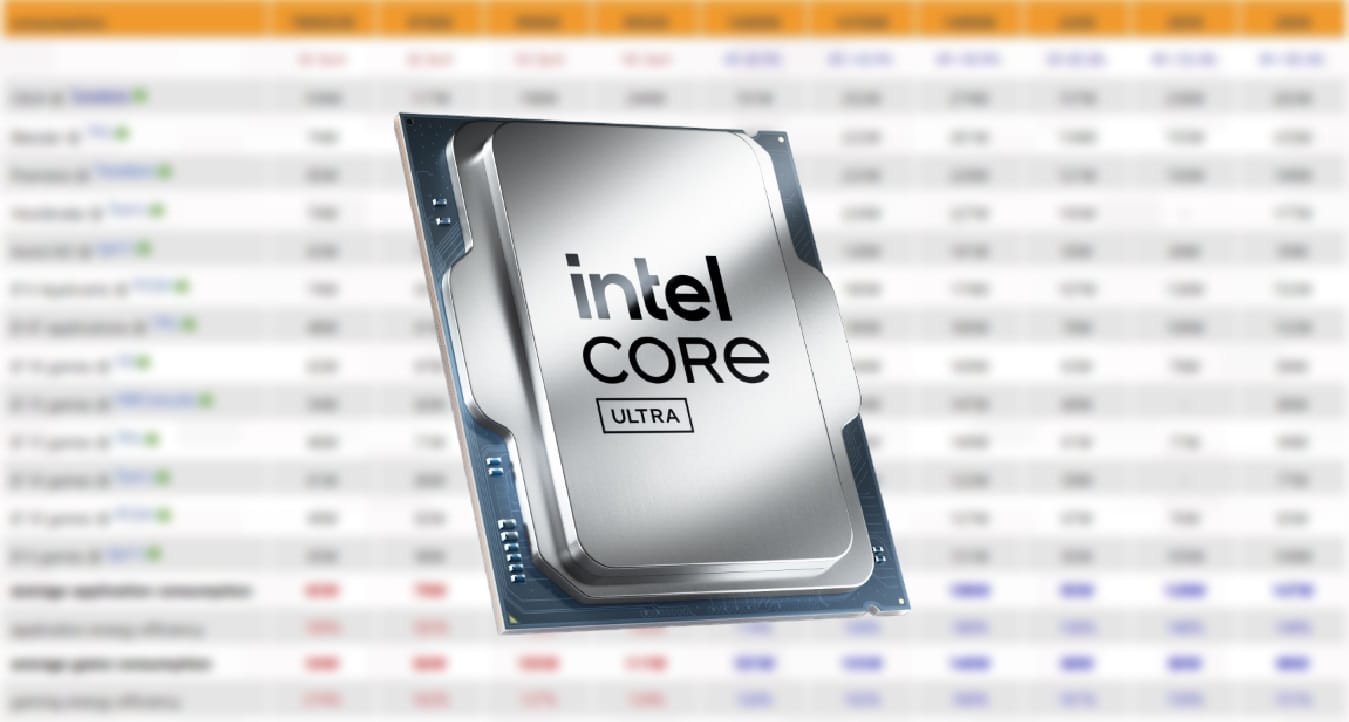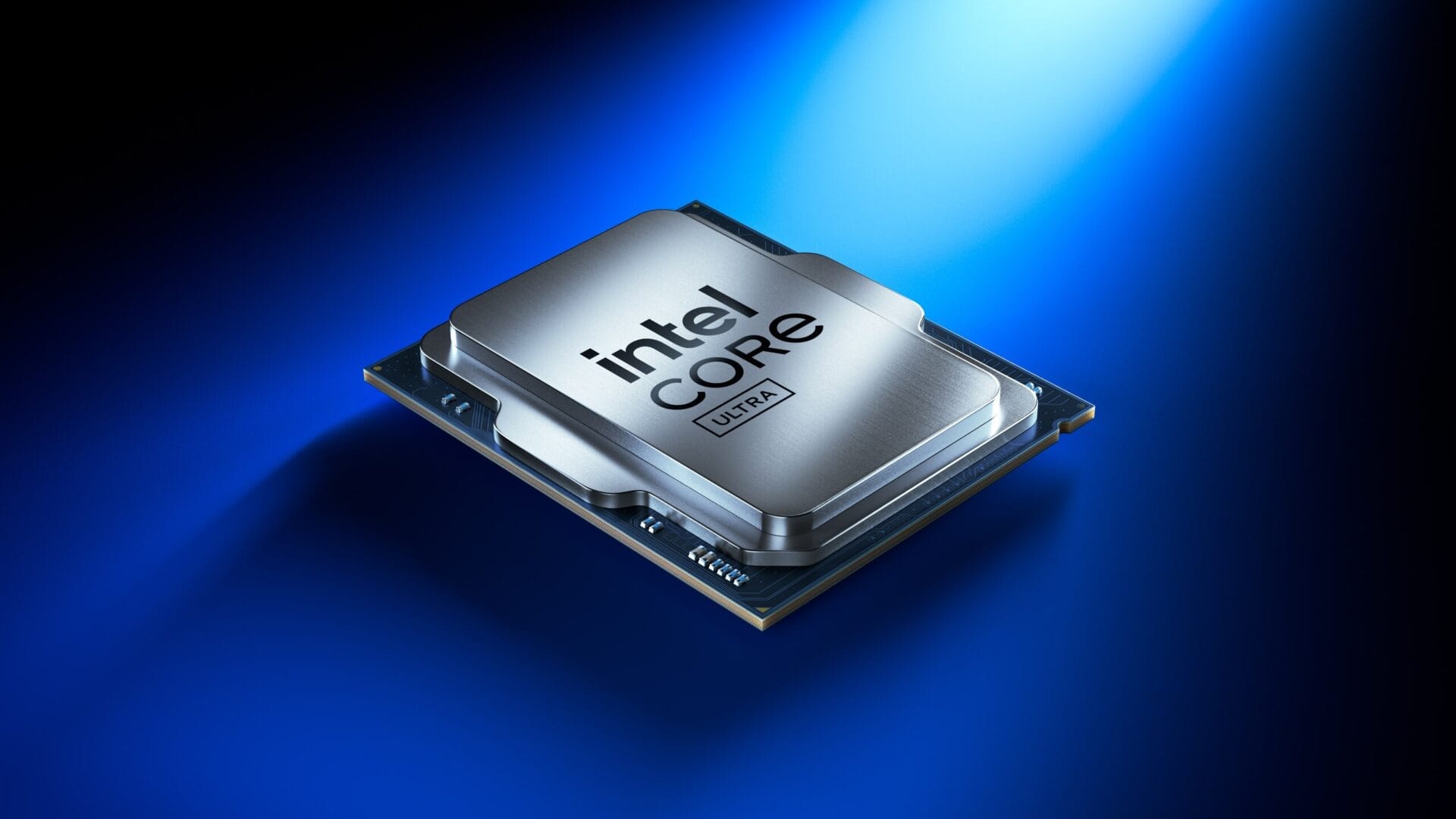Key Takeaways
1. AMD CPUs dominate the market, capturing 90% of sales, while Intel only holds 10%.
2. Intel’s Core Ultra 200 “Arrow Lake” series is underperforming, with previous AMD models outselling them significantly.
3. Intel processors, like the Core Ultra 7 265K, are being sold at deep discounts, providing good value for consumers.
4. The pricing of Intel CPUs allows for affordable gaming PC builds when combined with savings on motherboard and RAM.
5. Ongoing struggles for Intel may lead to even greater discounts in the future.
It has been quite a story lately: AMD processors are outselling Intel chips by a wide margin. Data from TechEpiphany regarding CPU sales on Mindfactory for the 29th week of 2025 shows that AMD CPUs captured a whopping 90% of the total CPUs sold, while Intel managed to secure only about 10% of the market.
Intel’s Struggles
The situation is even more grim for Intel when we examine the performance of AMD’s previous AM4 CPUs, such as the Ryzen 7 5700X3D, which outsold all Intel platforms combined. This indicates that Intel’s most recent Core Ultra 200 “Arrow Lake” and 14th-gen CPUs are not performing well in the market.
Sales Figures
When we analyze the numbers, the total CPUs sold per platform are reportedly as follows:
Intel’s poor showing here is, surprisingly, beneficial for consumers.
Since the Core Ultra 200 Arrow Lake chips are struggling to sell, they are being offered at significant discounts. For example, the Core Ultra 7 265K is currently priced just above $270 on Amazon. This 20-core processor delivers solid gaming performance and excels in multi-threaded tasks, as highlighted by RobeyTech.
A Good Deal
With a 39% discount compared to the Ryzen 7 9800X3D and a 20% discount against the Ryzen 7 7800X3D, the Core Ultra 7 265K represents a very attractive offer.
In the same vein, other models from the Arrow Lake series are also being sold for less than their official MSRP. When you factor in savings on motherboard and RAM bundles, it’s possible to put together a decent gaming PC without breaking the bank, as long as you can find a good GPU at an affordable price.
In brief, Intel is facing a notable drop in CPU sales. However, if the company continues to struggle, we might witness even deeper discounts in the future.
Source:
Link







